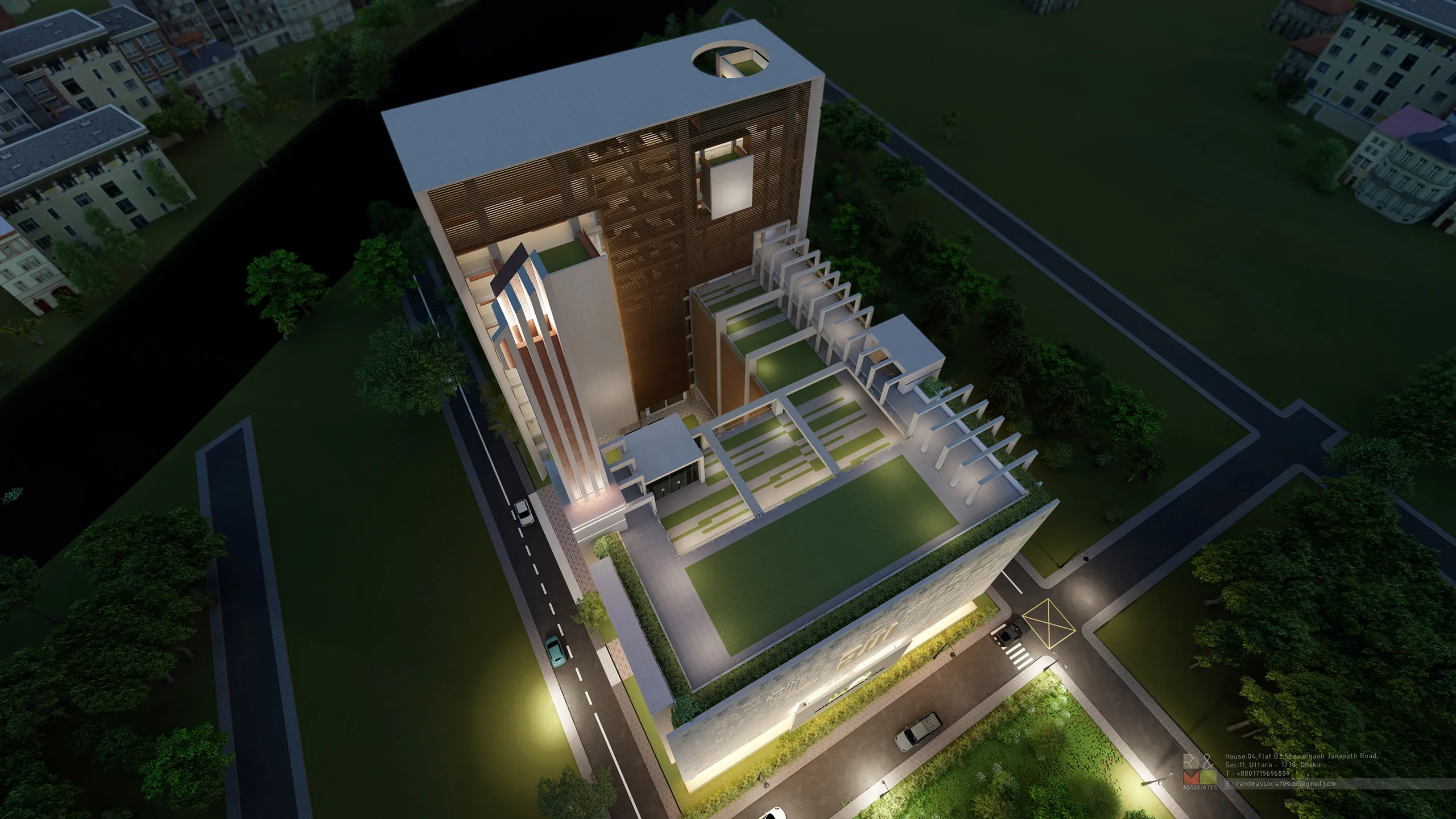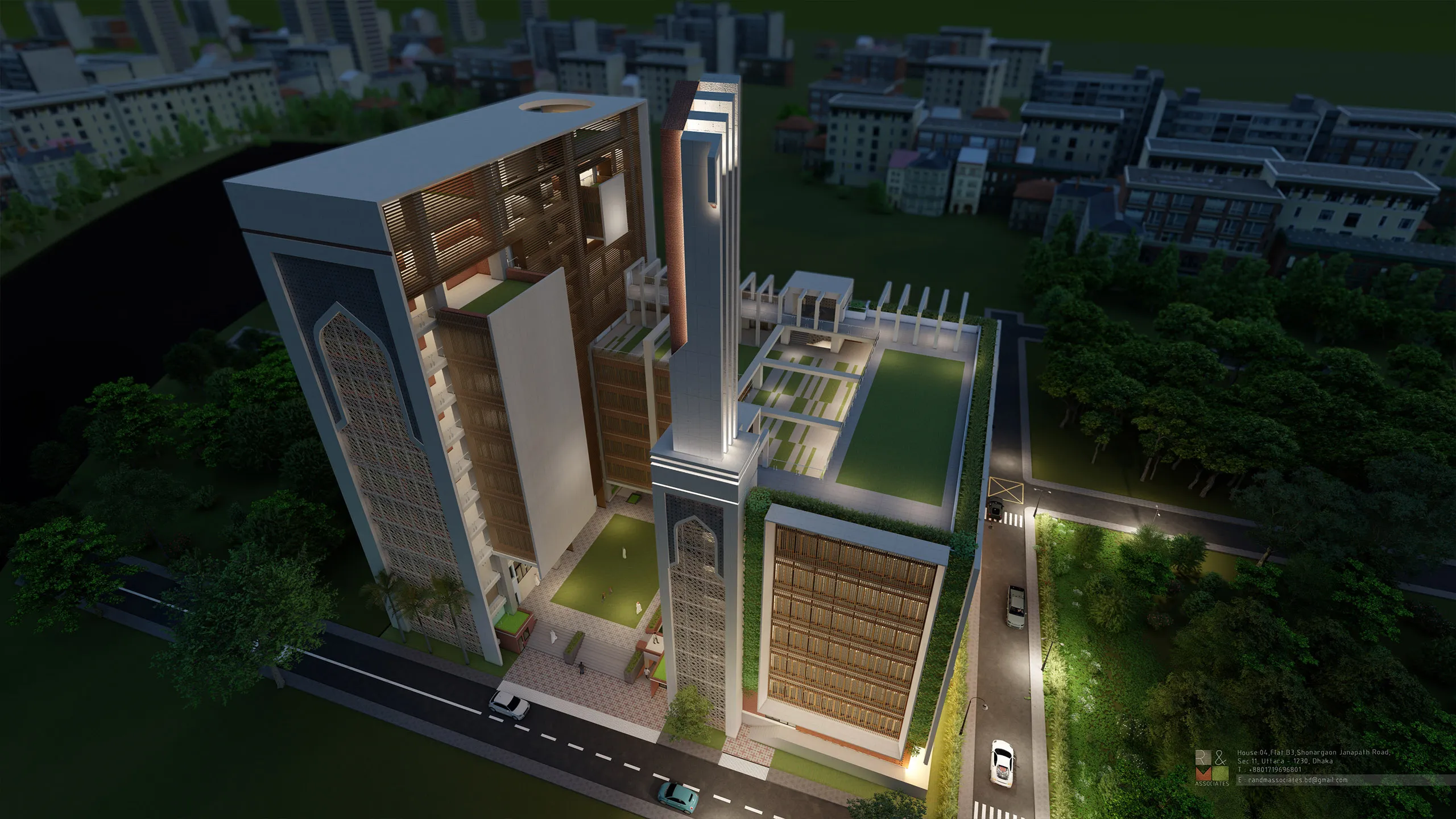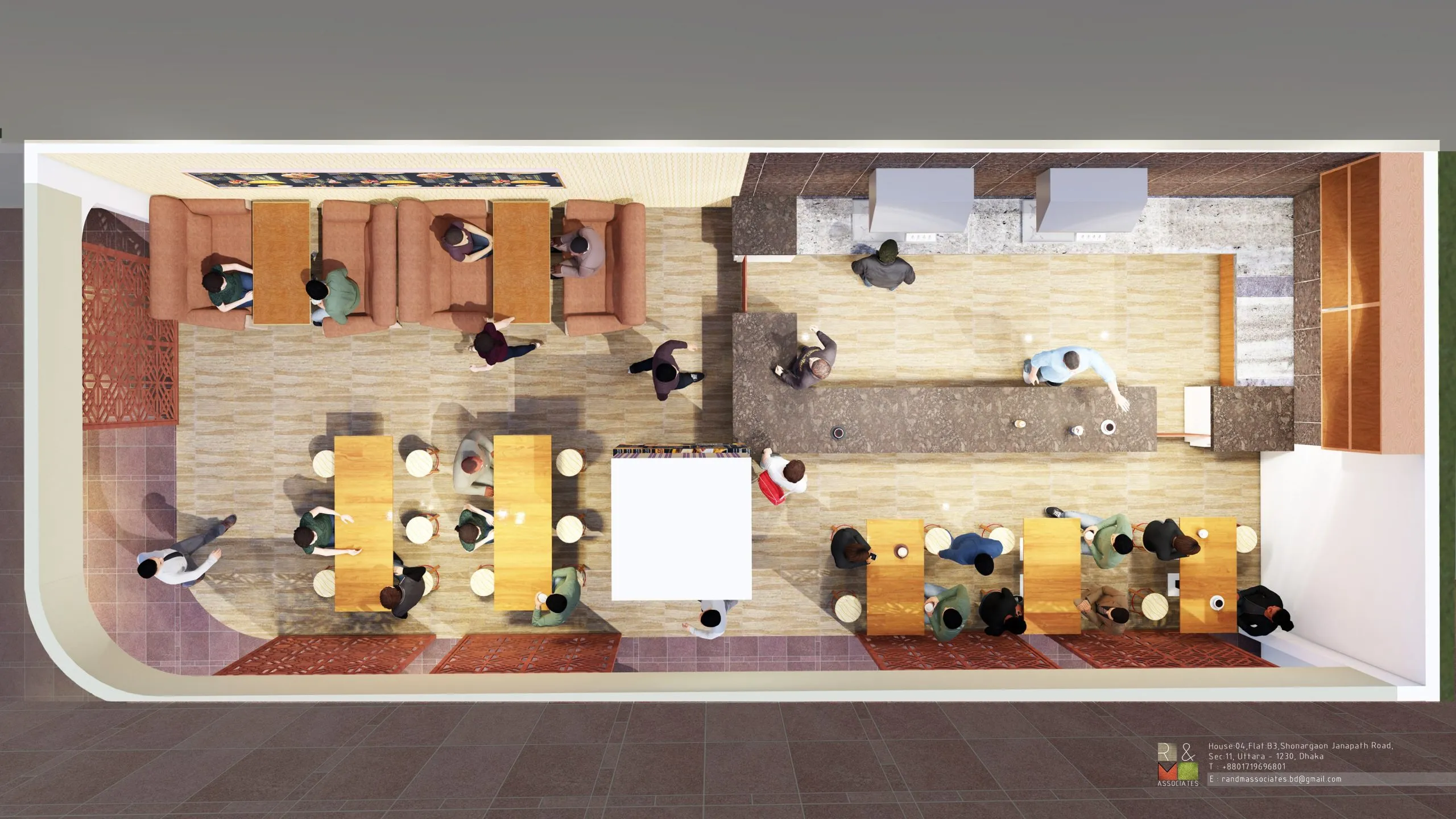Introduction

Use High-Quality Materials
The materials used in a construction project directly affect its overall quality and durability. Ensuring that all materials meet the required specifications and quality standards is critical. Regular testing of materials like concrete, steel, and insulation can prevent long-term issues and costly repairs down the line.
Qualified labor plays a crucial role in the execution of a construction project. Contractors should ensure that workers are properly trained and experienced in their specific tasks. Regular training and upskilling opportunities for the workforce can help maintain high standards.

Regular Site Inspections and Audits
Frequent inspections help detect and address issues early. Regular site audits should be scheduled to review the quality of work at each phase of the project. These inspections ensure that construction is proceeding as planned and that all standards are being met.
Technology can help in maintaining and monitoring quality more efficiently. Tools like Building Information Modeling (BIM), drones, and AI-powered software can be used to track progress, inspect sites, and document issues in real time. These technologies also help in identifying potential problems early on.

Implement a Clear Communication System
Clear communication among stakeholders, including contractors, project managers, architects, and clients, is essential for maintaining quality. Miscommunication can lead to mistakes, delays, and substandard work. Establishing a transparent communication system helps ensure that everyone is aligned with the project’s goals and quality expectations.
Various components, such as concrete strength and soil compaction, need to be tested regularly to meet safety and quality standards. Laboratory tests and on-site tests should be conducted at different stages of the project to ensure that everything is up to code and specification.








































